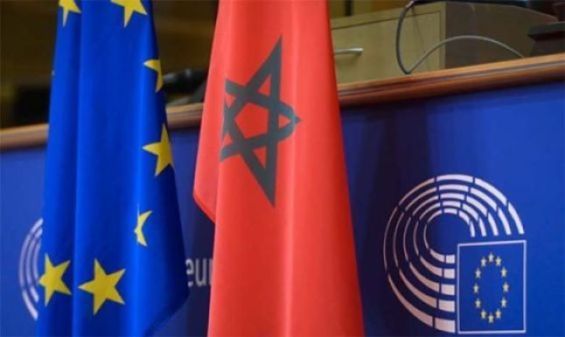The European Union (EU) must fully assume its responsibility to preserve and protect partnership with Morocco in the face of provocations and political maneuvers, the kingdom’s Government Spokesperson, Mustapha Baitas, said Thursday.
Baitas was commenting on the opinion issued by the Advocate General of the European Union Court of Justice (CJEU) on the appeal lodged by the European Union to annul the judgment of September 29, 2021.
These conclusions «are neither a decision of the European Court nor a court order, but rather summaries of the Advocate General opinions on various aspects of these issues», he argued during a press briefing held in Rabat.
He also stressed that «the European Union must, through its institutions and member States, fully assume its responsibility to preserve and protect partnership with Morocco in the face of provocations and political maneuvers».
Advocate Tamara Capeta concluded, in an opinion issued Thursday, March 21, that the Court should «annul the judgment» of September 29, 2021, which was in favor of the Polisario. In her opinion, Capeta argued that «under public international law, an administering power may, under certain circumstances, conclude an international agreement on behalf of a non-self-governing territory, like that of Western Sahara».
Polisario hails supposed «progress»
On the same day, the Polisario issued a statement on the three opinions issued by the CJEU's Advocate General. The Polisario sees «progress» in the Advocate General's recommendations, notably on two opinions.
The first concerns the labeling of melons and tomatoes from the Sahara, following the complaint lodged by the French agricultural union Confédération Paysanne against the French government. Capeta argued that «the absence of mention of the territory of Western Sahara as the country of origin of melons and tomatoes can be misleading consumers in the Union in their purchasing decisions».
The second opinion relates to her recommendation to annul the sustainable fisheries partnership agreement with Morocco. «In not treating the territory of Western Sahara and the waters adjacent thereto as separate and distinct from that of the Kingdom of Morocco, the Council failed to respect the right of self-determination of the people of Western Sahara», she noted.
The Polisario sees these two opinions as confirmations of «the right to self-determination and the right to permanent sovereignty over natural resources». These opinions are «in line with a body of jurisprudence favorable to the Sahrawi people, which is being confirmed step by step», said the Polisario in a press release.
However, the Advocate General of the CJEU assured that «the people of Western Sahara have no official or recognized representative who can lodge an appeal on their behalf». For the record, in its ruling of December 21, 2016, albeit favorable to the Polisario, the Court had declared that the Polisario does not represent the «people of Western Sahara». As a result, it has no legitimacy to bring its case before the courts of EU countries.





 chargement...
chargement...













